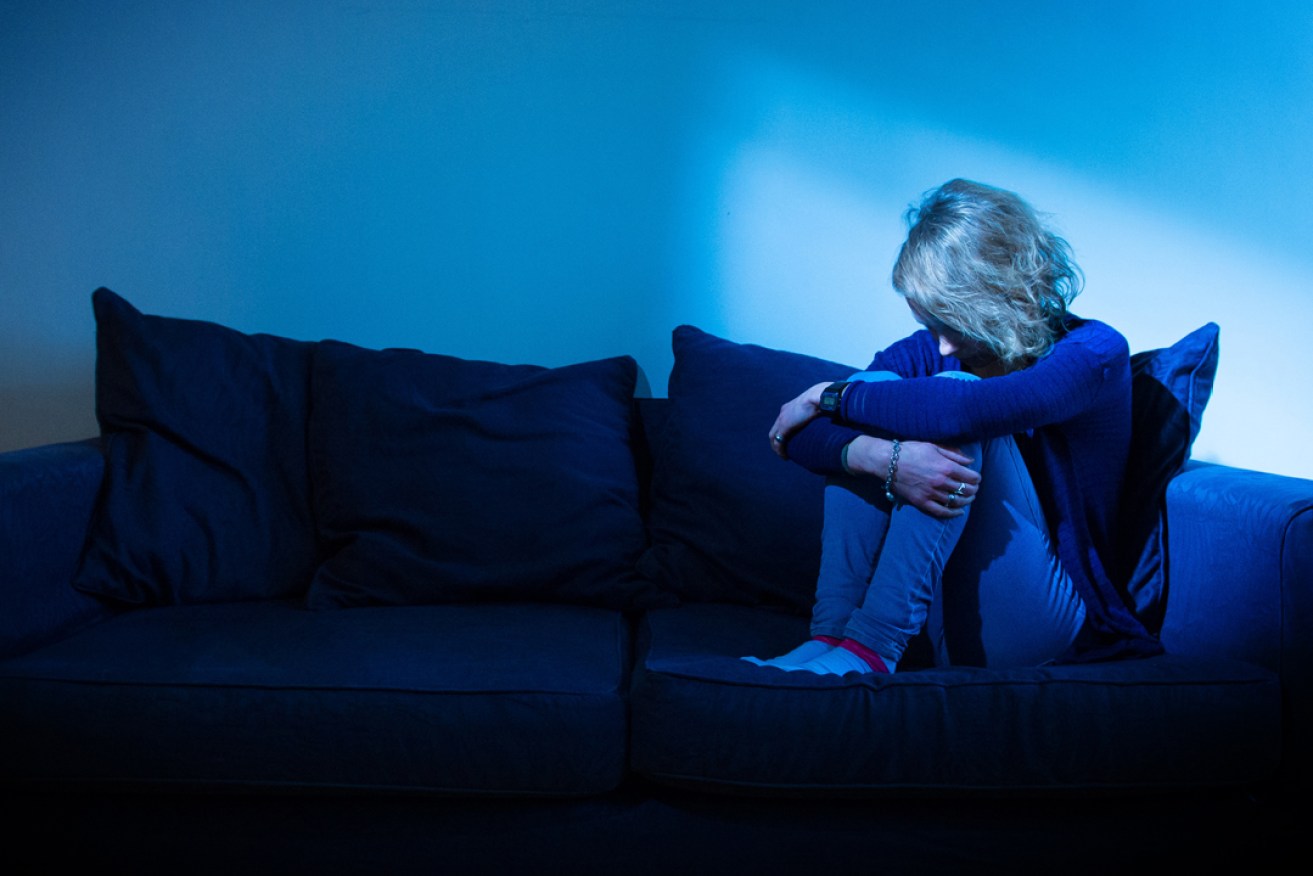The cuts our health system can’t afford
Investing in mental health services will take pressure off hospitals and myriad other community services. So why aren’t we doing it, asks the Mental Health Coalition of South Australia’s Geoff Harris.

Photo: PA
This year must be about my 20th Mental Health Week. Over those years of organising Mental Health Week events, I have seen a growing awareness of the impact of mental illness on individuals and families.
Before Matt and Tom Lobbe were announced as this year’s ambassadors, Scott Hodges publicly shared his story in his book Not All Black and White. We’ve also had another AFL football season where players and clubs have openly talked about mental health.
The impact their stories have had on our communities is immeasurable.
With 50 per cent of the Australian population having a mental health diagnosis in their lifetime, these stories resonate with us all. A ripple affect happens as we start to share our own experiences, which improves community understanding and reduces stigma, making it easier for everyone to talk about it more openly.
We at the Mental Health Coalition of SA are so heartened to see this increase in community interest and the flow-on effects. We also have more managers and business owners approaching us looking for material they can share with their workforce.
Our goal has always been to ensure that South Australians with mental illness and their families get the support they need, when they need it, to lead satisfying lives in our community.
But to achieve this the conversations must continue well after this week is over.
One of those conversations needs to include the strain on our mental health services.
Over the past three years we have lost more than $10 million in funding – and that has not been replaced.
The services that were cut were not just general mental health services but very specific ones that had proved to be highly effective. One was an innovative service that saw people recover from an episode of illness in their own home. Called Intensive Home-Based Support (IHBSS), it reduced the number of hospitalisations and length of stay for these people, and the savings it generated were far greater than its funding.
While the program’s evaluation measured only costs to the mental health system, we know it had additional benefits, including a return to education, training and employment for those in recovery and their carers. Services like these are referred to as psychosocial or non-clinical support.
Right now we are in the midst of the NDIS rollout, and its aim is to support just 12 per cent of people with severe mental illness or 4500 South Australians. We endorse the NDIS and what it hopes to achieve but in the process we are losing some highly effective services such as Partners in Recovery and Personal Helpers and Mentors. These services were designed to fill gaps in our mental health system.
The Personal Helpers and Mentors service, or PHaMS, is an easy-access program that accepts referrals from mental health practitioners such as GPs or mental health workers. It also takes referrals from family members or the person themselves.
Partners in Recovery (PIR) takes a problem-solving approach, finding out what an individual’s needs are and helping them access appropriate support. Often that immediate need might not be about the mental illness – it could be about homelessness, debt, relationship problems (including domestic violence) and more.
Some PIR services were starting to develop linkages to a wider range of people with complex support needs, such as those subject to involuntary treatment, people in poor quality housing and forensic settings.
We have been advocating for the NDIS to deliver full support for people living with severe mental illness for over a year. Despite this, we still don’t have any long-term reassurance of what will be available to the remaining 88 per cent or 16,000 South Australians living with severe mental illness who have psychosocial support needs.
A state election is looming and there are a lot of issues for our candidates to consider. It is vital that mental health stays at the top of that list beyond this week.
Investing in mental health will make us happier, healthier and wealthier South Australians
Despite mental illness contributing to 24 per cent of the overall illness burden in our society, the long-term spend by governments on mental health has continued to languish at well under 10 per cent of the health budget.
In terms of the State Government, the level of spending means there is unmet demand across the bed-based services, the community mental health teams and the psychosocial support services in the community. It is no wonder that people working everywhere in mental health and emergency health services are clamouring for more investment.
We have plenty of evidence and a mountain of reports that show the highest level of unmet demand and the highest rate of return can be found in community-based psychosocial supports such as IHBSS. These services save money by reducing reliance on emergency departments, mental health beds and other health, accommodation, justice and welfare services.
Professor Allan Fels, chair of the National Mental Health Commission, notes the costs of mental illness to the economy is around 4 per cent of GDP or $60 billion. This loss of GDP translates to more than $3.5 billion in South Australia. Professor Fels states that investment in mental health will generate better returns than investments in traditional economic infrastructure such as transport or ports.
The evidence is there – investing in mental health will make us happier, healthier and wealthier South Australians.
The question really is: can we afford not to invest in it?
Geoff Harris is executive director of the Mental Health Coalition of South Australia.




